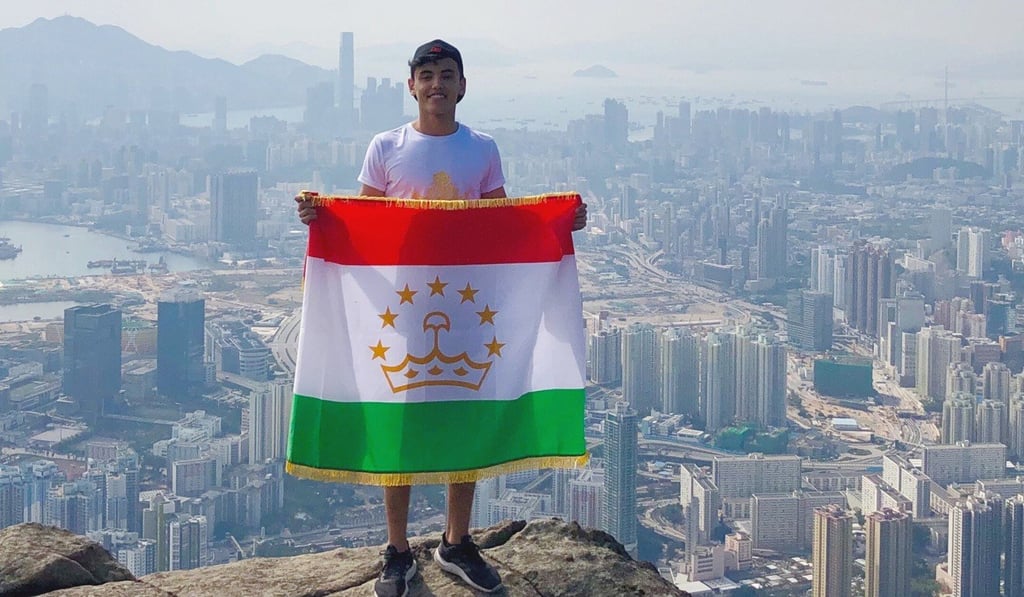Hong Kong’s Central Asian students feel the heat of extradition bill protests
- They make up a fraction of city’s 18,000 non-local students, and recent political turmoil has left some fearing for their safety
- Others praise Hongkongers for being inspiring, socially-conscious, friendly

Since protests against Hong Kong’s extradition bill began in June, student Rustam Juraev’s parents have been calling him from Tajikistan three times a day to make sure he is safe.
“Each time my parents see the news, they call me to make sure I’m fine. They call me three times a day to check on me and warn me to avoid crowds and stay away from protests, ” said the 18-year-old who is studying applied economics at Hong Kong Baptist University (HKBU).
The weekly protests, which on some occasions had descended into episodes of violence, have made headlines around the world and have had an impact on the city’s small student population from Central Asia. There are about 300 of them studying in Hong Kong’s eight publicly-funded universities, out of 18,060 non-local students in the city.
This is not alarmist talk: Hong Kong is heading for a breakdown in law and order
Of the 10 students whom This Week in Asia spoke to, seven said they had chosen to come to Hong Kong because of its reputation as a safe, law-abiding city, with a low crime rate compared to their home countries.
For example, in Kazakhstan, muggings and thefts have occurred in cities in rural areas and expatriates have been attacked and violently mugged, mostly at night, according to a travel advisory from the British government. It has also highlighted the possibility of terrorist attacks in Tajikistan and muggings and theft in Kyrgyzstan, with a suggestion to “avoid all demonstrations” that take place on political and socio-economic themes there.
On the other hand, Hong Kong was ranked ninth in the world for safety, according to Safe Cities Index 2017 report conducted by the Economist Intelligence Unit,
